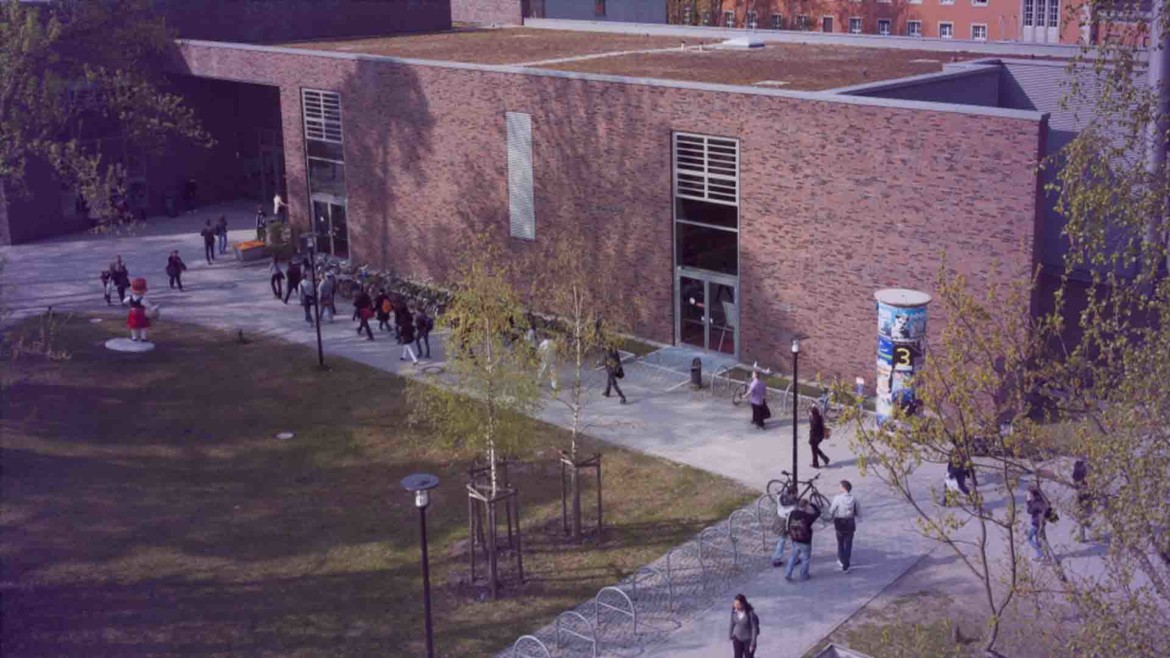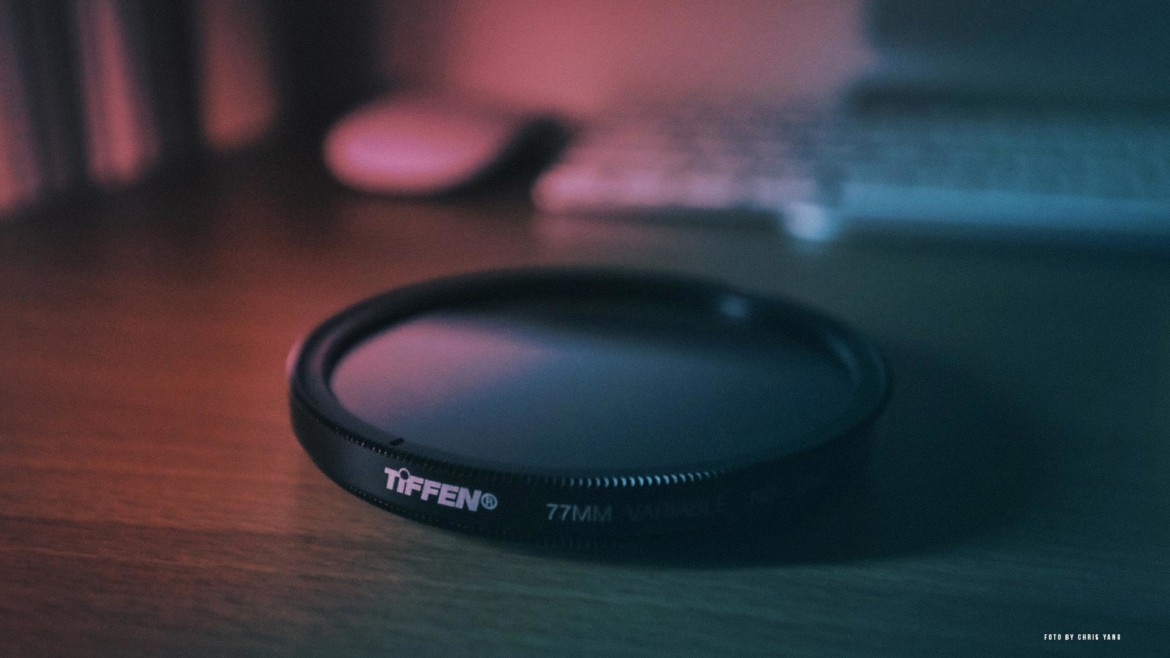Today, anyone who wants to earn money or work professionally with their own creativity has to ask themselves whether they want to study or take a career change. Both private and state universities offer a wide range of study options to prepare students for a career in the cultural and creative industries. Whether it makes sense to take the academic route depends on various factors such as the career aspiration, one’s own level of knowledge and what the universities have to offer.
Arts sector stands out
There are no definitive figures on how many creative professionals have studied and – more importantly – how many have actually studied the profession they are currently pursuing. However, a 2015 study by the Heinrich Böll Foundation’s Bildungswerk Berlin shows large differences in the subsectors. In the subsectors of music, books, art, architecture, press, software and advertising, there is a high degree of academic training. In contrast, there is a wide range of vocational training in the subfields of film, performing arts and design. With 25% having no vocational qualifications at all, the arts sector stands out in particular. The data comes from the Agentur für Arbeit and the Künstlersozialkasse and was combined in the study.
In our podcast, the now very successful actor and screenwriter Tom Sommerlatte confirms this pattern and tells us how he made his way even without graduating from a state drama school.
In general, there are no figures on the success rates of studies or lateral entry in the creative sector. What is clear, however, is that it generally takes more than creativity itself to be successful. Talent is an important aspect, but not the only decisive one. Strong communication skills, successful networking, and business and media knowledge are also important to have a chance in the industry. After all, it’s not just about the artistic value of one’s own creative work, but also about its successful communication and marketing.
The choice of course of study should be made according to the student’s own level of knowledge and with regard to the areas in which there is still a need for further training. Many degree programs with a creative orientation offer practical media or business management modules as electives.
Circulating ideas and public reputation

Universität Potsdam Campus Griebnitzsee, Haus 6 © K. Fritze
In addition to technical and artistic expertise, universities also offer the space to try out and develop one’s own ideas and work. This space is created not only during seminars and between students and their professors, but also, in the best case, through a dialog with the public. Regardless of whether they are public or private, universities are commercial enterprises and depend on a good reputation, in the sense of which they engage in self-marketing. The object of this marketing, especially in the creative field, is often the work of the students themselves, which is presented and exhibited on a public stage. In this way, not only does the university present itself, but the students also receive valuable, non-university feedback.
Andreas Ingerl is Professor of Audiovisual Multimedia and Screen Design at the Berlin University of Applied Sciences. At the last Berlin Design Week 2019 (due to the pandemic, the 2020 edition was cancelled), the exhibition Schnittstellen (interfaces) was realized, showing the work of the students. On the one hand, such events are very exciting for the students,” explains Ingerl, “because they get the ‘real reactions’ of users here. On the other hand, we also see it as an intervention and inspiration for the entire creative industry. By showing what we create in our studies, we have an impact on the industry.” Another project is planned for BNDNWK 2021, which will take place at the end of May. Such collaborations can open many doors and opportunities for students.
You are only as good as your network
Depending on how a university is structured and networked, the threads of industry and teaching can come together here and new opportunities arise. For lateral entrants, it can be much more difficult to come into contact with industry. But of course they also have the opportunity to get in touch with industry through networks with creative professionals and interest groups. We have put together a small selection of such networks for you here.
Building and maintaining networks takes up a large part of the work for creative professionals. But for career changers, the effort can be even greater, since they may have to start from scratch, while a university already offers long-established and stable structures.

© Mattias Baumbach
Matthias Baumbach is a commercial photographer for people and machines and knows how difficult it is to have a functioning network:
“As an entrepreneur, you are only as good as your network. That’s why building it up was my biggest hurdle. Then there was the issue of pricing. Some competitors are completely clueless and sabotage the market and ultimately themselves by charging fees that are too low and not in line with the market.”
How much does creativity cost?
Students and their works are in constant exchange with their fellow students and professors. In this way, they can refine their technique, theoretically test and adapt mediation and marketing strategies, and acquire new technical instruments and media. The question of reasonable and marketable fees can also be discussed and reconciled here. However, every course of study is bound to its curriculum, so that creative work is only ever possible within a certain framework. Breaking out of this is often not possible or not desired. How much creative leeway there is depends, of course, on the lecturers and the university, which may be something to consider when making a choice.
Matthias Baumbach studied, but learned little about practice as a photographer here: “My studies in printing and media technology were a very good basis for the technical aspects. But the actual core topics, such as lighting, image composition and dealing with the people standing in front of my camera, I acquired on my own through coaching, video training and many test shoots.”
The question of whether to study or go elsewhere is also a question of financial possibilities. Private universities sometimes cost a lot of money. On the other hand, lateral entry can also be very expensive because it requires high-quality equipment and professional software. State universities offer a good opportunity to obtain high-quality technology and software that can be borrowed and used for one’s own projects at comparatively low semester fees. Here, too, it is worth informing yourself in advance about the offers of the respective university, as there are very big differences.
Skills shortage in the gaming sector

Despite its size, the art and creative industries are not as organized as other sectors of the economy. The exchange between teaching and business is also not particularly pronounced here. However, there is a clear statement from the gaming sector. As part of a study by the Association of the German Games Industry for 2018, a major shortage of skilled workers became clear. It states, “There is both a high demand for specialized and highly qualified training in Germany and the need to facilitate the recruitment and integration of qualified foreign professionals into the games labor market.” University education could help fill these voids in the industry. Although there are now degree programs in this area, these structures would have to be strengthened enormously in order for the German industry to keep up internationally.
There is no general answer to the question of whether it makes sense to study. Because as diverse as the industry is, so are its players. What opens the door for some could mean a waste of time and a loss of creativity for others. A degree certainly looks good on a resume and could favor a permanent position. But those who prefer to pursue a career as a freelancer or solo self-employed person do not necessarily benefit from it. It is therefore particularly important to take a close look at the offers and services of the universities in advance and to assess your own needs.






Leave a Reply